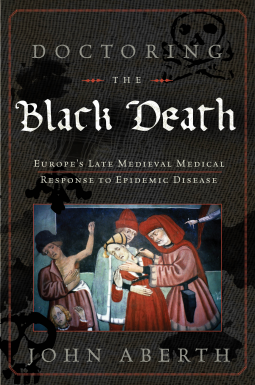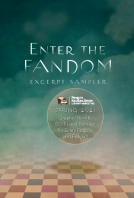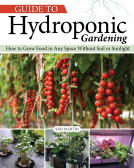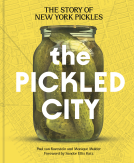
Doctoring the Black Death
Medieval Europe's Medical Response to Plague
by John Aberth
This title was previously available on NetGalley and is now archived.
Send NetGalley books directly to your Kindle or Kindle app
1
To read on a Kindle or Kindle app, please add kindle@netgalley.com as an approved email address to receive files in your Amazon account. Click here for step-by-step instructions.
2
Also find your Kindle email address within your Amazon account, and enter it here.
Pub Date Sep 01 2021 | Archive Date Sep 01 2021
Talking about this book? Use #DoctoringtheBlackDeath #NetGalley. More hashtag tips!
Description
The Black Death of the late Middle Ages is often described as the greatest natural disaster in the history of humankind. More than fifty million people, half of Europe’s population, died during the first outbreak alone from 1347 to 1353. Plague then returned fifteen more times through to the end of the medieval period in 1500, posing the greatest challenge to physicians ever recorded in the history of the medical profession.
This engrossing book provides the only comprehensive history of the medical response to the Black Death over time. Leading historian John Aberth has translated many unknown plague treatises from nine different languages that vividly illustrate the human dimensions of the horrific scourge. He includes doctors’ remarkable personal anecdotes, showing how their battles to combat the disease (which often afflicted them personally) and the scale and scope of the plague led many to question ancient authorities. Dispelling many myths and misconceptions about medicine during the Middle Ages, Aberth shows that plague doctors formulated a unique and far-reaching response as they began to treat plague as a poison, a conception that had far-reaching implications, both in terms of medical treatment and social and cultural responses to the disease in society as a whole.
John Aberth holds a PhD in medieval history from the University of Cambridge and is the author of numerous books on disease and the Middle Ages, including Plagues in World History. He lives in Roxbury, Vermont.
A Note From the Publisher
This is a set of uncorrected page proofs. It is not a finished book and is not expected to look like one. Errors in spelling, page length, format and so forth will all be corrected by the time the book is published several months from now. Photos and diagrams, which may be included in the finished book, may not be included in this format. Uncorrected proofs are primarily useful so that you, the reader, might know months before actual publication what the author and publisher are offering. If you plan to quote the text in your review, you must check it with the publicist or against the final version. Please contact reviews@rowman.com with any questions. Thank you!
Available Editions
| EDITION | Hardcover |
| ISBN | 9780742557239 |
| PRICE | $39.00 (USD) |
Average rating from 8 members
Featured Reviews
I loved this book on the plague. It’s a timely book considering we are the midst of another plague. Extremely informative.
 Claire G, Reviewer
Claire G, Reviewer
I received Doctoring the Black Death as part of a NetGalley giveaway.
As catastrophic as it was to populations in Asia, Africa, and Europe, the Black Death also reflected novel ways of thinking about and treating disease in the Middle Ages. For a society that had largely dependent on the wisdom of the ancients to this point, this new peril was unlike anything the world had ever seen, and as such, medieval physicians had to adapt old ideas and develop new theories for a world that seemed like it was imploding.
I enjoyed this--particularly in the times we're living in, it felt relevant. Divided into four chapters--causes, signs, prevention, and cure--Aberth explores the lived experience of physicians who lived through, treated, and in some cases, caught the disease. They debated the nature of the disease (Was it a poison or was it related to the ancient notion of the four humors? Was it caused by one's immediate surroundings or the positions of the planets?), the treatment of the disease (let the 'poison' out or put medicines in?), and the societal responsibilities of those obligated to care for the ill (flee and leave them to their fate, or fulfill your duty to family and community?). What resulted was a patchwork of theories that crystallized, combined, and incorporated elements of early scientific thought, culture, and religious traditions, and in doing so, it challenges popular notions of the medieval period as one of static scientific and intellectual thought.
Readers who liked this book also liked:
Silvia Moreno-Garcia
Historical Fiction, Literary Fiction, Sci Fi & Fantasy
Rachel Joyce
Historical Fiction, Literary Fiction, Women's Fiction
Brian Soonho Yoon
Children's Nonfiction, Crafts & Hobbies
Sam Morrison
Children's Nonfiction, Crafts & Hobbies, Outdoors & Nature


















